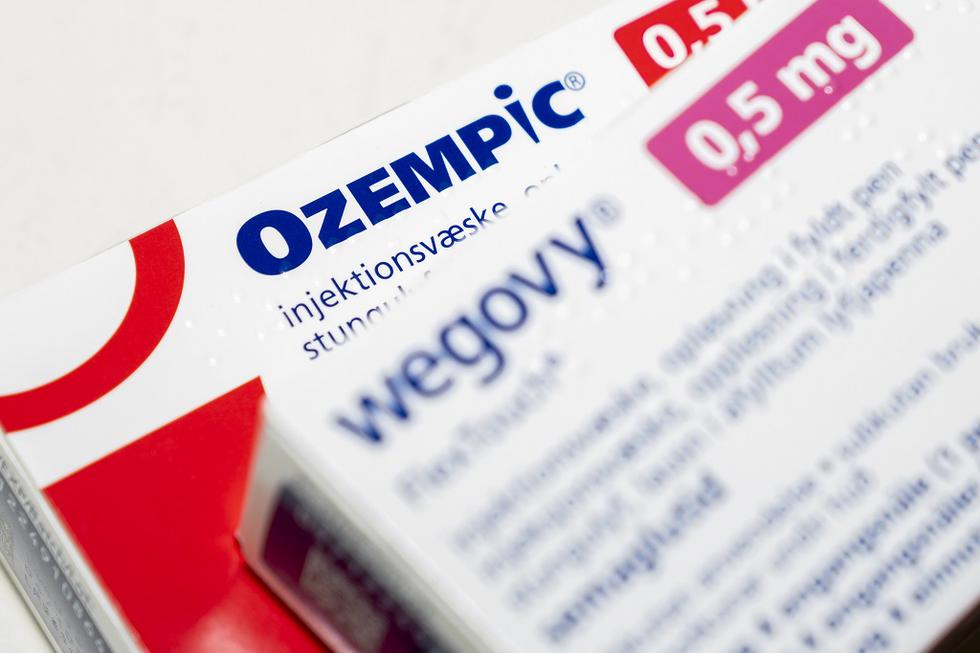The Weight Loss Revolution: Are Anti-Obesity Drugs the New Gold Rush?
Forget Wall Street, the hottest market right now is waistlines. Anti-obesity drugs, once shrouded in scientific secrecy, are setting the pharmaceutical world ablaze, igniting bidding wars and billion-dollar investments.
Tip: Please fill out the form if you or a friend would like more information on CGM systems.
But beneath the shimmering promise of slimness, lurks a complex web of ethical questions and potentially dangerous side effects. Is this a golden opportunity for health or a gilded cage of unintended consequences?
Ozempic and Wegovy
These names, once mere medical jargon, now echo across continents. These drugs, originally prescribed for diabetes, have stumbled upon a lucrative side hustle – shrinking waistlines.
From the US to Brazil and Canada, the demand is insatiable, propelling Novo Nordisk, the Danish pharma giant, towards a projected $100 billion windfall.
But this gold rush of Anti-Obesity Drugs isn’t paved with sunshine and skinny jeans. In 2023, whispers of a dark side began to ripple.
Read Guide about Wegovy Dosage Guide: The Best Way For Weight Loss
The European Medicines Agency, alongside Spain’s health watchdog, raised the alarm on a potential link between Ozempic and Saxenda, another Novo Nordisk drug, and disturbing thoughts of suicide.
Regulators tap the brakes
These drugs, they caution, are for the clinically overweight, not those chasing vanity numbers on the BMI scale. But pharma giants paint a different picture.
They highlight a growing, unmet need, millions struggling with obesity, desperate for a medical solution. It’s a compelling narrative, but one clouded by potential conflicts of interest.
The Gold Rush Intensifies
Novo Nordisk shovels 2.1 billion euros into expanding its Parisian plant, while Eli Lilly, the American rival, counters with a 2.5 billion dollar German manufacturing center. Their blockbuster drug, Mounjaro (aka Zepbound for obesity), is already a profit behemoth.
Must Read CGMs in noncritical care hospitals optimizes glycemic control
But Innovation Isn’t Confined To Syringes:
Pfizer, the pharma heavyweight, is betting on pills, a format far more accessible to the masses. AstraZeneca, meanwhile, is playing a long game, investing 2 billion euros in a yet-to-be-developed molecule, hoping it’ll be the next weight-loss wonder.
So, Where Do We Stand?
Are these drugs a medical marvel or a ticking time bomb? The answer, for now, is shrouded in uncertainty.
But one thing is clear: the weight loss game has changed irrevocably, with high stakes on the table. Anti-obesity drugs are the new gold rush, and everyone’s scrambling for a piece of the pie.
Also, read about the Impact of Moderate Low-Carb Diets
But Beneath The Glitz and Gold, Questions Remain:
- Long-term effects: The Anti-Obesity Drugs impact on mental health and potential long-term side effects require thorough, independent research.
- Accessibility and equity: Will these drugs exacerbate existing healthcare disparities, leaving low-income individuals behind?
- Alternative solutions: Can we address the root causes of obesity – food systems, societal pressures, and mental health – instead of solely relying on pharmaceutical interventions?
This is not just a story about weight loss, it’s a story about human health, ethics, and the future of medicine. Ultimately, the choice lies not with pharma giants or gold-rush investors, but with individuals and healthcare professionals.
Before chasing the promise of a pill-popped solution, we must weigh the risks, consider alternative approaches, and prioritize true, holistic well-being.
The Anti-Obesity Drugs saga is just beginning, and its ramifications will be felt for years to come.
Let’s navigate this complex landscape with caution, critical thinking, and a firm commitment to ethical healthcare solutions that prioritize not just slimmer waistlines, but overall human health and well-being.


